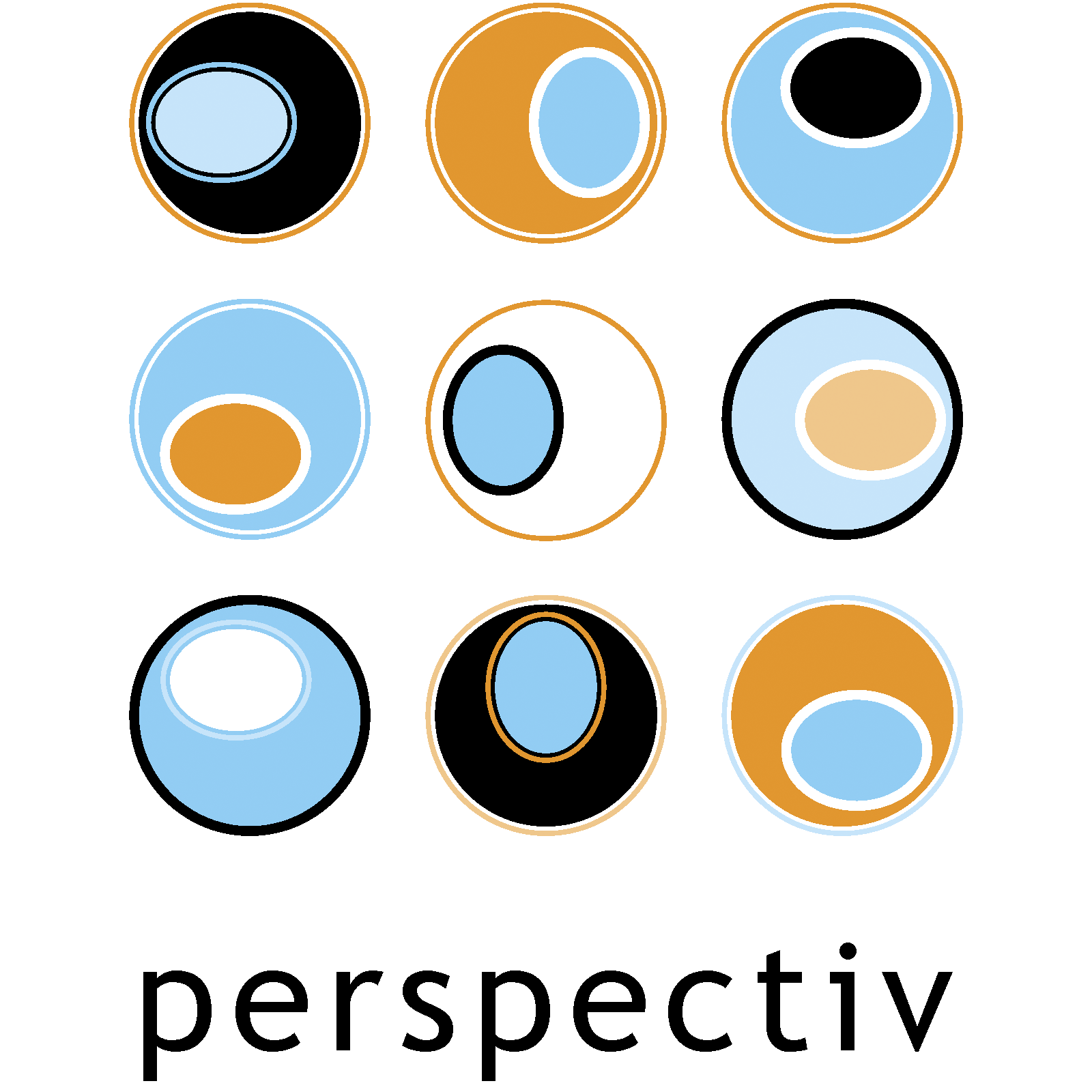Resilience: A hero’s journey
The quest for resilience is seemingly ubiquitous, which is perhaps not surprising given the degree of change, complexity and uncertainty in the world. We are in a world of VUCA (volatility, uncertainty, complexity and ambiguity), where access to new forms of knowledge, know-how and expertise are a concern for many – as is the ability to adapt to disruption and unforeseen circumstances.
According to Campbell’s Hero's Journey (1988), consciousness is transformed by the trials and revelations we experience during a journey. These trials force us to examine our ‘understandings’: those beliefs, attitudes and behaviours that guide us through our lives. During the journey:
‘We must abandon or revise ineffective or maladaptive understandings and build new understandings that allow us to live more effectively and fully. To do this, we need to have the courage to embrace challenges and to ‘bounce back’ from adversity: we need resilience. In fact, resilience and developing resilience are keys to the journey.’
Responding to the way the world changes, but also having an impact on the world – to be productive rather than simply surviving – is part of what is needed for creative leadership. You learn from what you and others do and learning means being prepared to challenge yourself.
Use creative leadership thinking to help you in your journey:
to bounce back from challenging circumstances
to bounce forward to make the most of new opportunities as they arise; to deliver effective innovations
to maintain the constant openness to reflection and learning that we believe is needed to survive and thrive in times of change.
You set the tone
Your approach to resilience will need to be as dynamic and ever-changing as the world is – to change and adapt how you live your values as you go.
Creative leadership is ‘the ability of people to adapt to change in order to continue delivering their purpose.’ As a leader, this means constantly reviewing and developing your understanding of your own values and purpose.
Your leadership in this area has a vital role in determining the climate of your organisation. Developing a strong sense of purpose and values means that you know what you believe in, and so do your ‘followers’.

